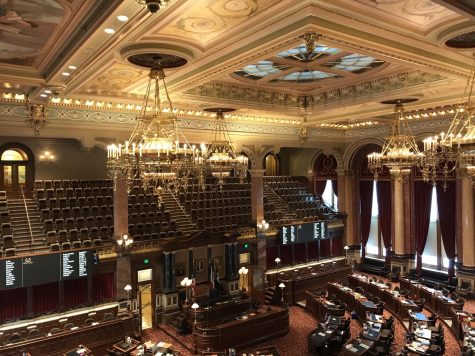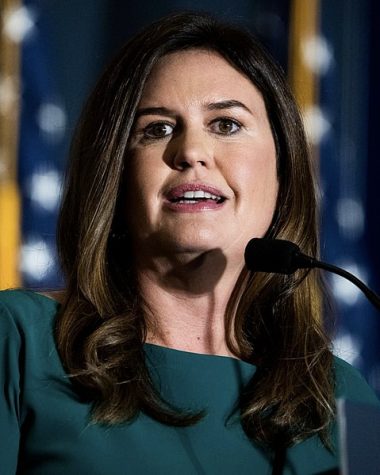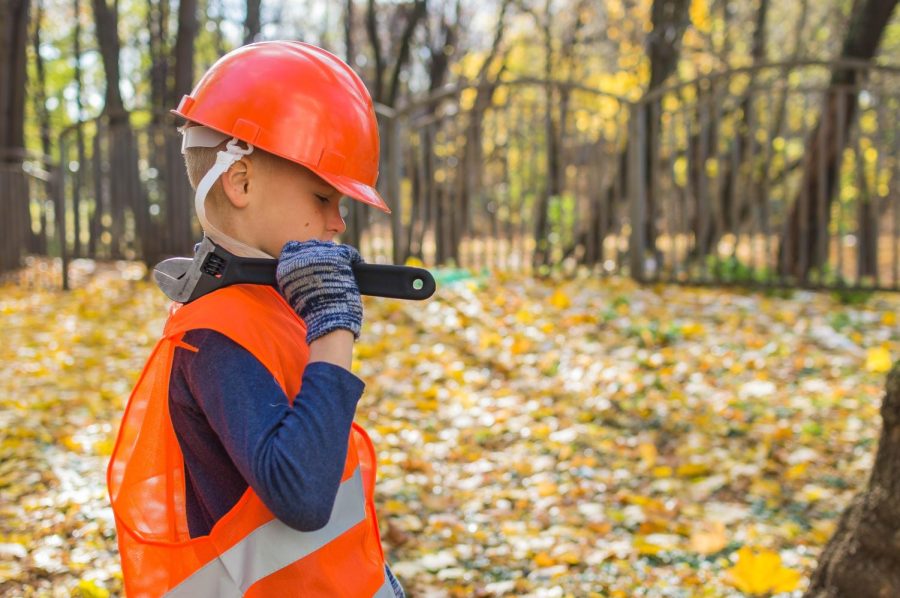American Laws Repealed: Child Labor Returns
Less than a century since the Fair Labor Standards Act was passed and states are already rebelling.
As unemployment had reached to a rate of 3.5 percent, and businesses of all types struggled to find workers, states have been trying to find ways to fill these empty spots…child labor.
According to the The Pew Charitable Trusts , for the last two years, 11 states have sought out to loosen their child labor laws; having them work jobs and hours that have been off limits. An argument they have to support this idea is that relaxing these rules allows teenagers to seek out more work experiences and create easier ways to supplement family incomes. Those who are critics these bills say they’re removing nearly a century of child labor protections.

On April 18th, Iowa’s Senate passed a bill that, according to the Economic Policy Institute, allows 14-year-olds to work in meat coolers and industrial laundries, 15-year-olds to work on plants with assembly lines, and 16-year-olds being allowed to serve alcohol among many others. This bill also seeks out to allow 14.5-year-olds to drive themselves up to 50 miles to and from work between 5:00 a.m. and 10:00 p.m. and allow teenagers 14-17 to take part in hazardous work is approved to be part of a “work-based learning program”. Further protecting employers from this learning program, an employer will be granted immunity from legal claims if a child gets injured, falls ill, or dies while being engaged in this program. This hasn’t been the only change Iowa has made to their labor laws either. Last year, for example, a law was enacted that allowed 16 and 17-year-olds to care for school-age children in childcare centers without need for supervision.

Iowa hasn’t been the only state passing these kinds of laws or bills either. On March 8, Arkansas Governor Sarah Huckabee Sanders passed a law that repealed restrictions on 14 and 15-year-old workers. Although this law doesn’t change the number of hours or types of jobs these kids can work, it no longer requires children under 16 to provide employment certificates from the Department of Labor (DOL) which verifies their age and parental consent to work. Sanders’ spokesperson Alexa Henning explained how needing parental permission for a child to work was an “arbitrary burden”. However, the Economic Policy Institute claims that removing this requirement could facilitate a migrant youth exploitation while still protecting adults who are connected to illegal employment.
Additionally, Republican lawmakers in Ohio’s Senate passed a bill that proposed 14 and 15-year-olds would be able to work until 9:00 p.m. during the school year. This bill was first introduced in 2021, which had the testified support of the Ohio Restaurant Association, the National Federation of Independent Business, and the Pickerington Area Chamber of Commerce, but wasn’t put to a vote within the House.

Last year, both New Hampshire and New Jersey have passed laws extending work hours for 14 and 15-year-olds. The law New Hampshire passed now allows 14-year-olds to bus tables in locations where alcohol is served, increasing weekly hours for 15 and 16-year-olds, and has repealed the number of night shifts teens are permitted to work per week. New Jersey’s law increased the amount of summer hours a teen can work to 40 hours a week for 14 and 15-year-olds and 50 hours a week for 16 and 17-year-olds, which is more than a full-time job. This law also made it so minors have to work six hours before being given a break, as opposed to the original five. Similarly, both chambers of Wisconsin legislature passed a bill that extended work hours for minors back in 2021, however this bill was vetoed by Governor Evers in 2022.
With these state laws changing, the physical and mental health of these teens are beginning to be more and more in jeopardy.




